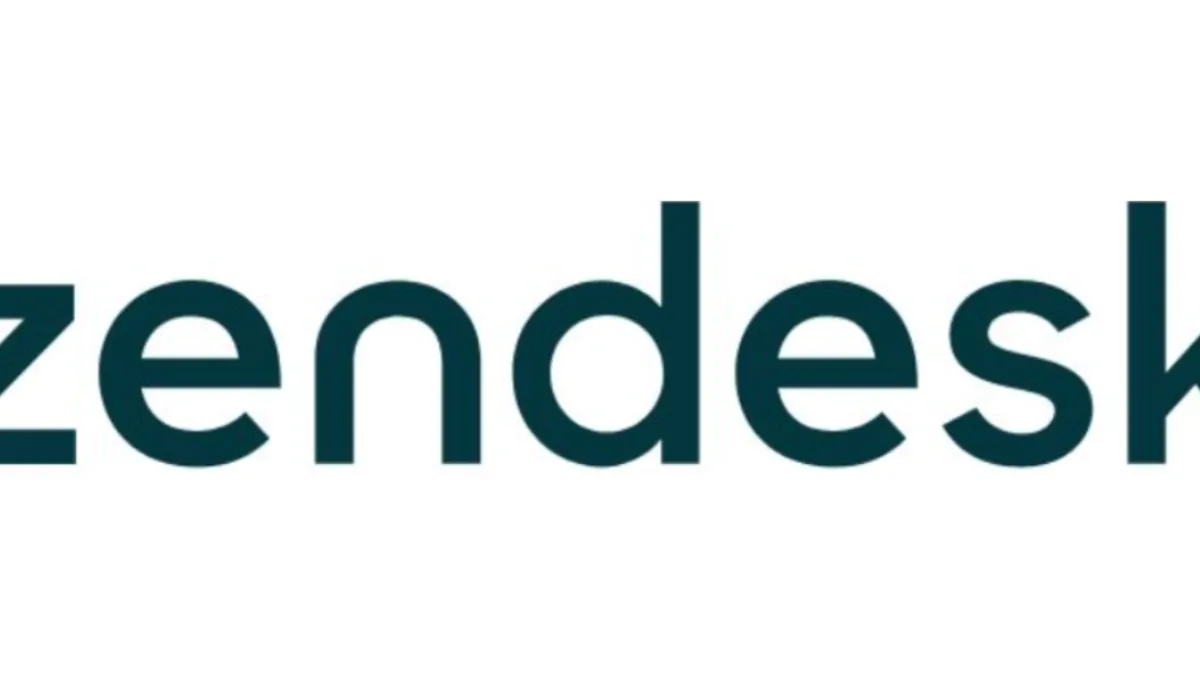As a closely watched business story, the failed takeover bid of customer service software company Zendesk by a private equity consortium on Wednesday could pale in comparison to what the company faces later this month: a contentious proxy vote over its planned merger with SurveyMonkey owner Momentive Global.
Both Zendesk and Momentive shareholders are scheduled to vote Feb. 25 on whether to approve the merger of the two companies in a deal that, at the time it was announced last year, was valued at around $4.1 billion.
Since the deal was approved by the Zendesk board in October, activist shareholder Barry Rosenstein of Jana Partners has called it an impulsive, poorly thought-through move that, at best, will add 1% top line growth to the company at a cost of $22 a share, down from $28 when the deal was announced.
The deal, Rosenstein said in a letter to Zendesk shareholders last week, “lacks financial and strategic merit, introduces substantial execution risk and relies on highly questionable synergy and pro forma trading multiple assumptions.”
Rosenstein called the deal impulsive because it appeared to be driven by Momentive advisors reaching out to the company leadership as part of a broad auction process rather than as something Zendesk had been scouting for.
“Zendesk claims the acquisition was part of its strategy yet, as the proxy reveals, Zendesk did absolutely nothing proactive about it in the prior two years,” he said.
What’s more, Rosenstein said, the merger would be Zendesk’s largest by far, creating integration issues that he doesn’t believe the company is prepared for; Zendesk’s CFO and almost two dozen finance and accounting staff left the company a few months before the deal was announced.
“They have an entirely new and unproven finance team,” he said.
The company brought on board 30-year Intel finance veteran Shelagh Glaser as CFO in May last year, replacing Elena Gomez, who had been CFO since 2016 before leaving to become CFO of Toast, the restaurant industry fintech.
Takeover target
The consortium of private equity firms that sought to take over Zendesk this week made an all-cash offer valued at $127 to $132 a share, or about $16.2 billion. Reportedly, the group didn’t make the offer contingent on how shareholders vote later this month.
“The proposal is not conditioned on the termination of Zendesk's pending acquisition of Momentive," Zendesk said in a statement.
Zendesk’s board said it rejected the offer on the belief it significantly undervalued the company. The board has said elsewhere the company is capable of reaching $176 a share, about 40% more than what was offered.
“Consistent with its fiduciary obligations, after careful review and consideration conducted in consultation with its independent financial and legal advisors, the Board concluded that this non-binding proposal significantly undervalues the Company and is not in the best interests of the Company and its shareholders,” Zendesk said.
The PE firms comprising the consortium were not identified but a Wall Street Journal report says it includes Hellman & Friedman, Advent International and Permira. Thoma Bravo is also said to be interested.
Data breach case
The merger drama isn’t a first for Zendersk, which launched in 2007 and became an IPO success story in 2014 even though the market was volatile at the time and the company had been cautioned about proceeding.
“It was a sea of red on [Wall] Street,” Alan Black, CFO during the IPO and today founder of Surfspray Capital, has said. “The lead banker … asked me whether I had a Plan B. As you can imagine, those weren’t words I was excited to hear.”
The company’s shares went on to soar 44%, giving investors and analysts an early indication of the strength cloud-based technology companies could command in public markets.
But it was hit with a class action lawsuit a few years later; the company in 2019 had learned some of its accounts had been breached by a hacker who gained access to its cloud keys through a third-party vendor.
A union pension fund that served as the lead plaintiff in the suit said the company, its CEO and then-CFO misled investors by reporting performance figures during the period without taking the impact of the breach and other matters into account.
“Zendesk’s business metrics and financial prospects were not as strong as represented during the Class Period,” a statement by the Rosen Law Firm, one of the plaintiff counsels, said. “As a result, Zendesk’s public statements were materially false and misleading at all relevant times.”
The suit was dismissed last year. The plaintiffs couldn’t point to any single statement that was false or misleading or that the company and its two chief officers tried to be deceptive.
The allegations, said U.S. District Judge Charles Breyer in his ruling, support the inference that “Zendesk was simply unaware of its mistakes or their consequences — a more ‘compelling’ inference than the convoluted fraudulent scheme that the Pension Fund has attempted to allege.”
Whether Zendesk will walk away from the upcoming proxy battle with a similarly positive outcome remains to be seen, but it’s a company that’s become familiar with high-profile tussles.





















